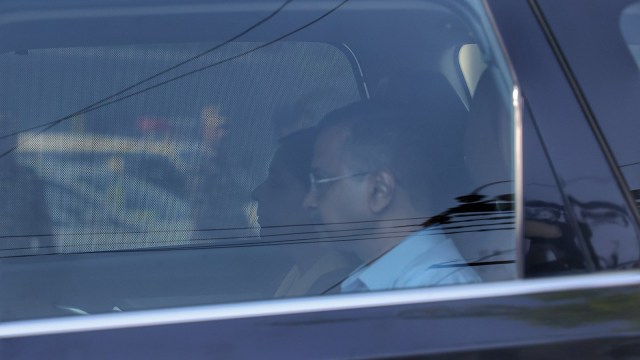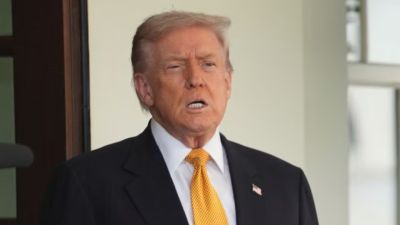‘Special situations call for special remedies’: Delhi HC grants Kejriwal two additional virtual meetings with lawyers in a week
While granting relief to Delhi Chief Minister Arvind Kejriwal, the high court says his request 'cannot be termed unreasonable'
 Kejriwal moved the high court seeking the quashing of a special CBI court’s two orders that had dismissed his pleas for directions to the jail authorities to allow him more weekly meetings with his lawyers. (File)
Kejriwal moved the high court seeking the quashing of a special CBI court’s two orders that had dismissed his pleas for directions to the jail authorities to allow him more weekly meetings with his lawyers. (File)The Delhi High Court has permitted Chief Minister Arvind Kejriwal two additional virtual legal meetings a week with his counsel, adding that “special situations call for special remedies”.
In the order dated July 18, made public Thursday, the HC, noting that the “right of an accused to fair trial is a cornerstone of the Constitution” and a component of fair trial entails a right to fair legal representation, held that Kejriwal’s demand “cannot be termed unreasonable”.
Earlier, Kejriwal had moved the HC seeking that two orders of a special CBI court of Rouse Avenue be quashed and set aside. The trial court on April 10 had dismissed his pleas seeking direction to the jail authority to allow him five weekly meetings with his lawyers in
relation to his legal cases. Subsequently, Kejriwal requested for additional two meetings a week with his lawyers, which was dismissed by the district court on July 1. As per rules, an advocate is permitted one meeting a week with their client in jail, according to Tihar authorities.
Kejriwal had submitted before the court of Justice Neena Bansal that he is facing litigation in courts of Punjab, Gujarat, Uttar Pradesh, Bihar, Goa, Assam and Delhi in more than 30 cases and he requires thorough legal consultation with his lawyers. He had also argued that co-accused AAP leader and Rajya Sabha MP Sanjay Singh was granted similar relief earlier where he was allowed an additional weekly meeting with his lawyers and thus “denial of similar relief to the petitioner (Kejriwal) is unprecedented and without any reason.”
Opposing Kejriwal’s plea before the HC, the Enforcement Directorate (ED) had argued that parity cannot be drawn with Singh’s case as it was an ex-parte order (passed after hearing only one side), and that the present petition has been moved in relation to the PMLA (Prevention of Money Laundering Act) case, whereas Kejriwal is in judicial custody presently in relation to the CBI case. ED also submitted that Kejriwal cannot be given any special treatment.
Dismissing the ED’s argument, the court recorded that individual applications for additional meetings would lead to delay and to utter confusion.
Stating that courts are otherwise slow in interfering in matters of policy, Justice Bansal took into account that Kejriwal is facing nearly 30-40 cases and held, “The opposition that no special status can be given to the petitioner as available to other jail inmates, again, has no merit because it is not a situation of seeking any special favour…but it is a fundamental right which is sought to be enforced.”







